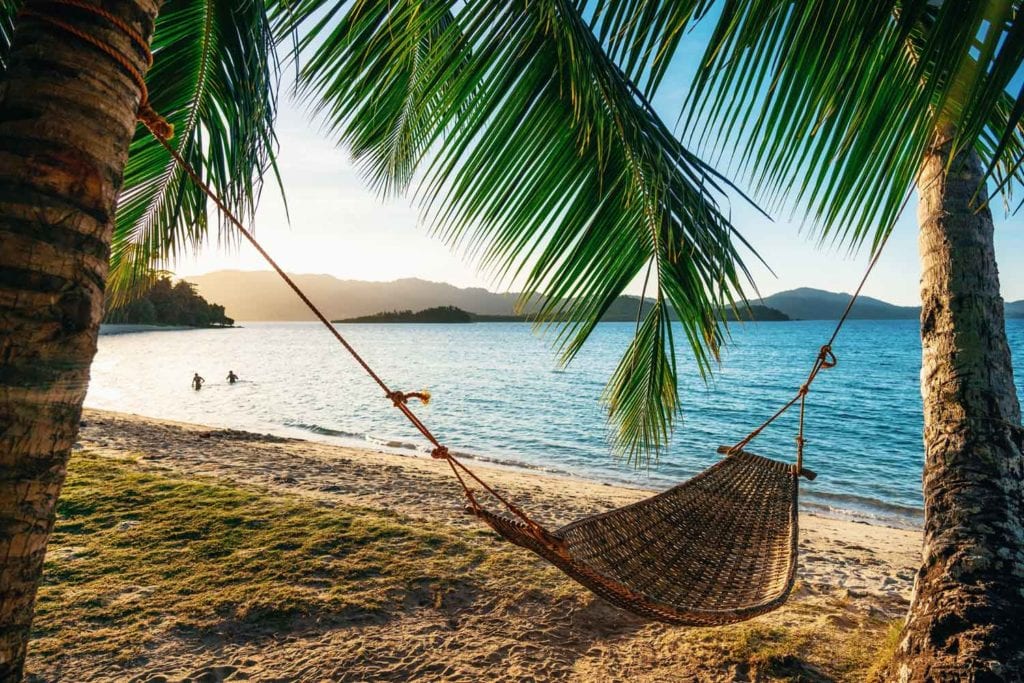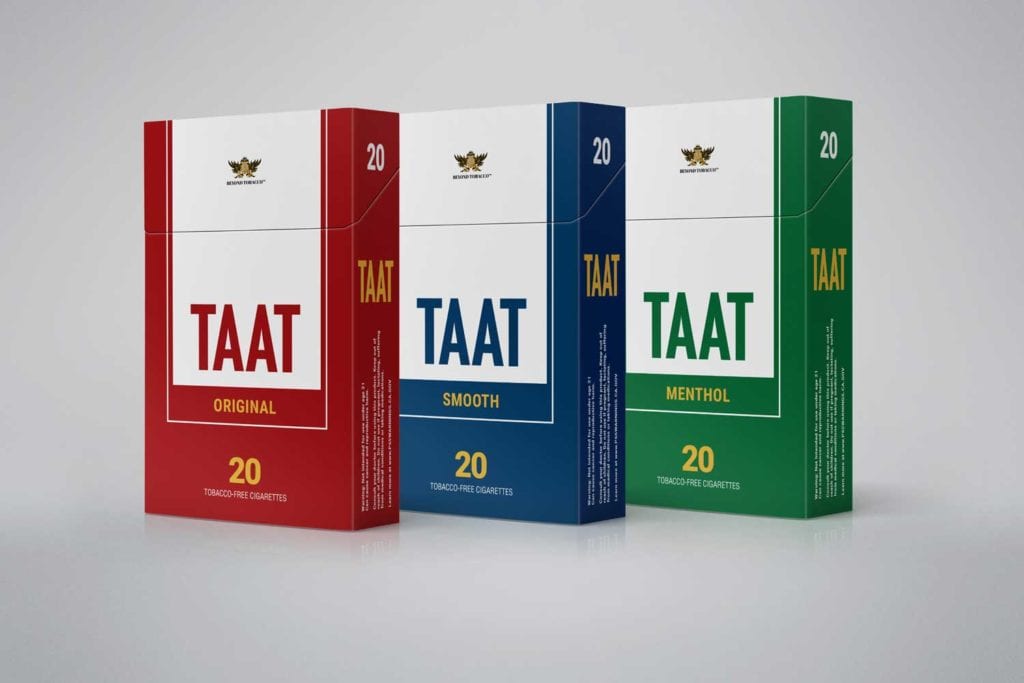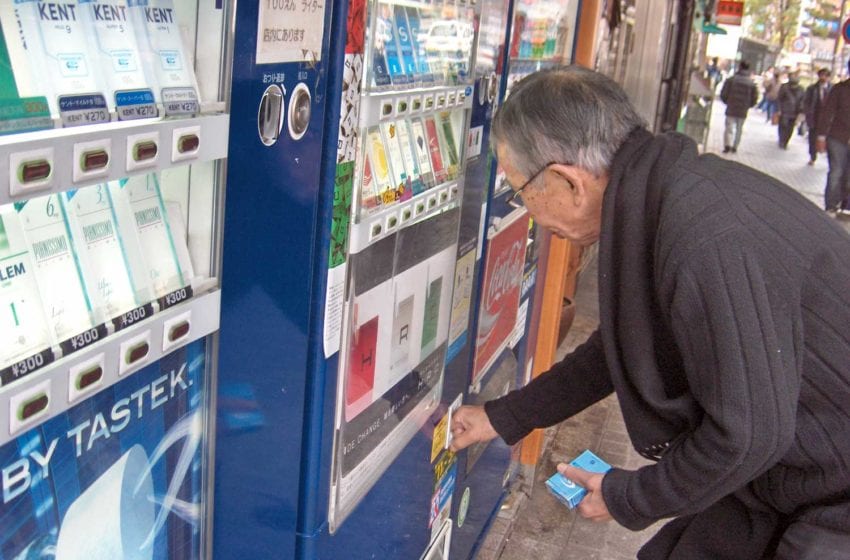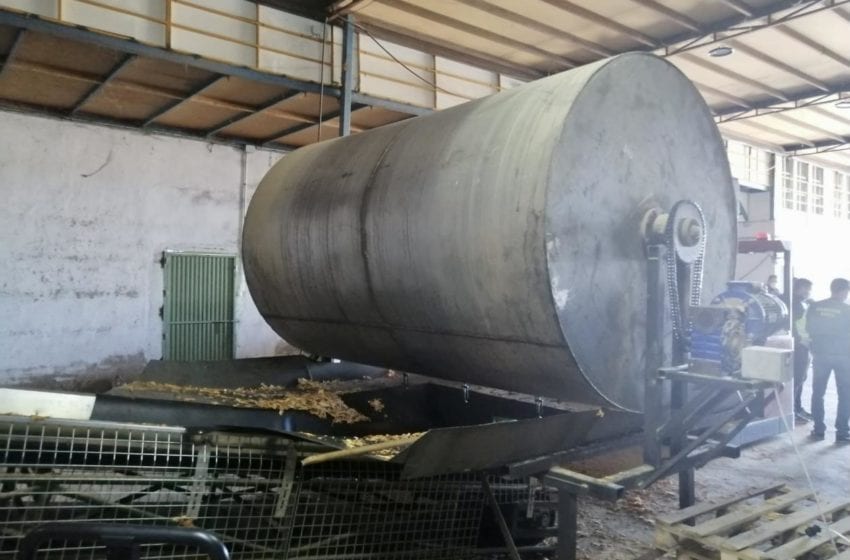
Joel L. Thomas will be retiring from his position as executive vice president and chief financial officer at Pyxus International upon the appointment of his successor. Thereafter, Thomas will continue to serve as a strategic advisor to facilitate the transition of his responsibilities until he retires from that position on or before June 30, 2022. The company has initiated an executive search for Thomas’ successor.
“On behalf of Pyxus and the board of directors, I would like to thank Joel for his dedication and contributions to the company,” said Pieter Sikkel, president and CEO of Pyxus International, in a statement.
“Throughout his time with the company, Joel has provided financial leadership and implemented innovative financing structures to meet our evolving global requirements. His leadership and dedication were critical over the past year as we navigated the impact of the Covid-19 pandemic and implemented significant restructuring efforts that have positioned our business for long-term success. Joel’s passion for the business, our shareholders, our employees and our customers is evident to anyone who interacts with him, and I wish him all the best in the next chapter of his journey.”
Thomas has spent the past 16 years of his career with Pyxus International, including serving the last seven years as CFO.
“It has been a privilege to work and serve alongside our talented global team,” said Thomas. “I’m proud of the steps we have taken to create a solid foundation for the company that will enable it to achieve long-term success.”


















